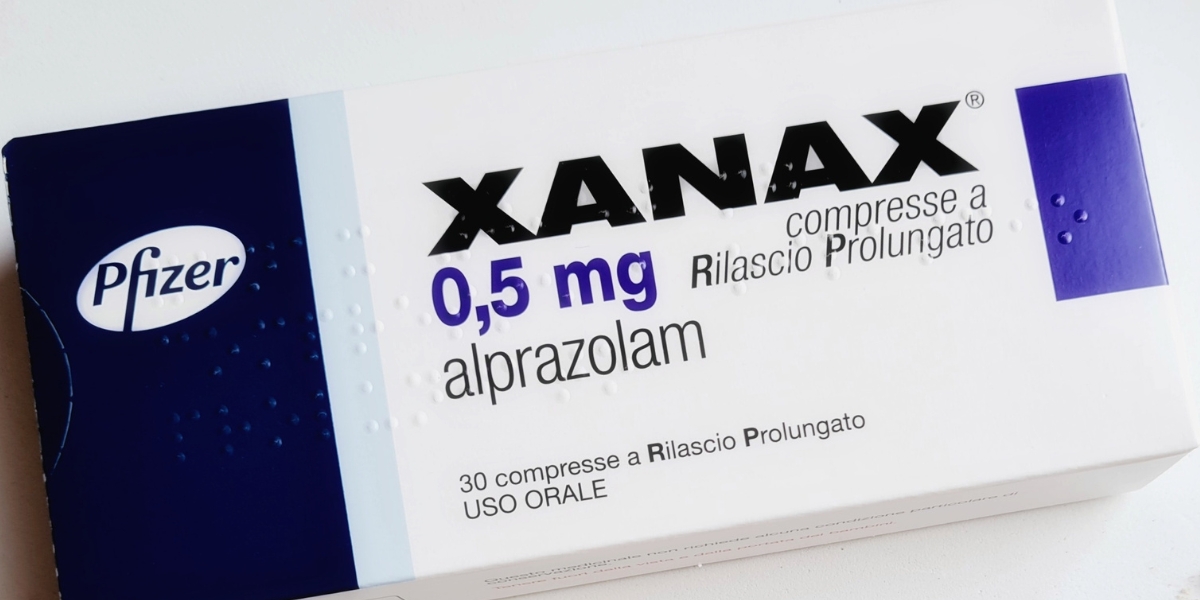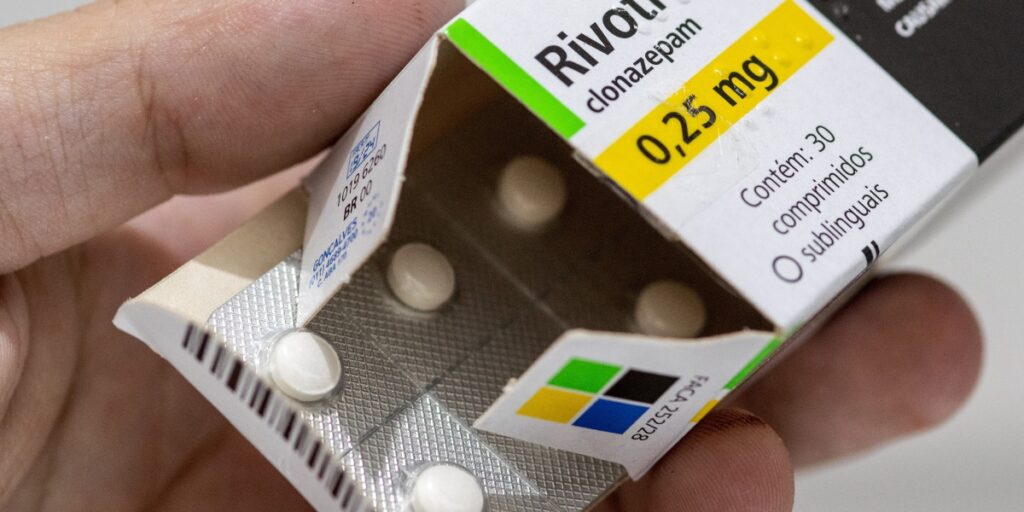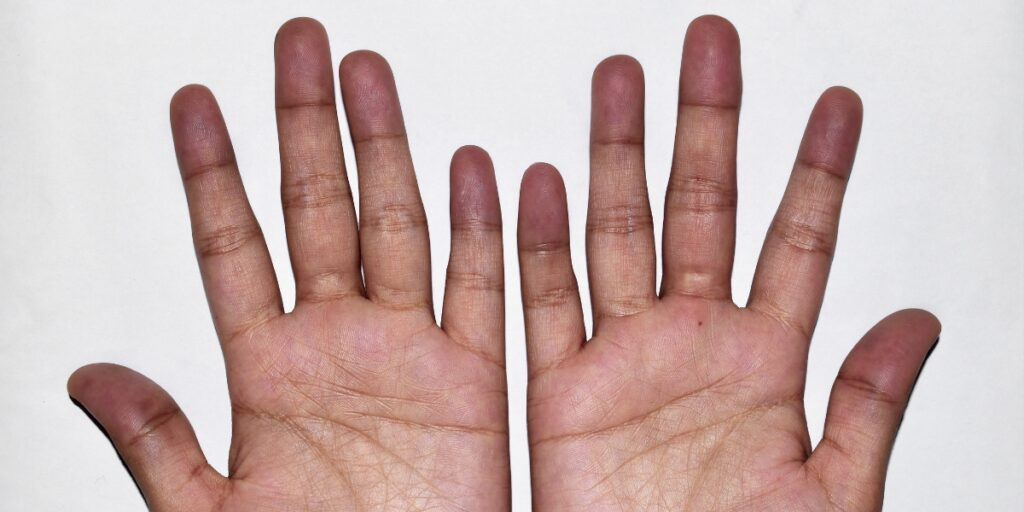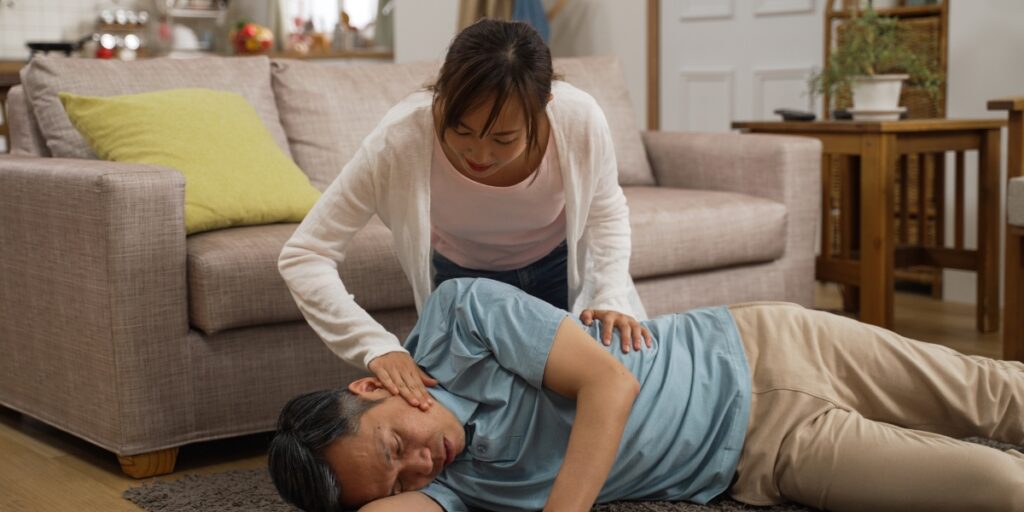Benzodiazepine Overdose: Signs, Symptoms, and Prevention

Knowing the signs and symptoms of benzodiazepine overdoses can help prevent life-threatening situations. As the public health crisis of drug abuse and overdose deaths in the United States continues, benzodiazepine overdoses and addiction play a significant role in the statistics.
Unfortunately, many people will die of fatal benzodiazepine overdoses before they get the chance to receive proper treatment. Working to recognize and prevent overdoses can also start difficult but necessary conversations around benzodiazepine addiction and available treatment programs.
Between 1996 and 2013, benzodiazepine-related deaths increased by 400%, more than the number of valid prescriptions. Experts attributed rates of fatal benzodiazepine deaths to increased benzodiazepine strength and availability and the increasingly common mixing of opioids and benzodiazepines.
41% of people with benzodiazepine prescriptions also had a prescription for an opioid of some kind. According to the Centers for Disease Control and Prevention (CDC), benzodiazepine-related emergency department visits increased by 23.7% from 2019 to 2020, with a 42.9% increase in overdose deaths. 92.7% of those fatal overdoses involved opioids and benzodiazepines
What Are Benzodiazepines?
Benzodiazepines, sometimes shortened to benzos, are prescription drugs for treating anxiety and panic disorders, seizures, muscle spasms, sleep disorders, and alcohol withdrawal. When used as prescribed, benzos have a calming, sedative-like effect.
According to the National Institutes of Health (NIH), benzos are the third most misused drug behind marijuana and opioids. In the United States, benzos are some of the most common prescription medications; approximately 1 in 20 adults have a valid prescription yearly.
There are two types of benzos, short-acting and long-acting; the main difference is how quickly they take effect and how long they last. The medication comes in liquid, extended-release capsules, or tablet form and varies in strength.
Some of the most common benzodiazepines include:
- Xanax (alprazolam)
- Valium (diazepam)
- Klonopin (clonazepam)
- Ativan (lorazepam)
- Restoril (tempazepam)

What Do Benzodiazepines Do?
Benzodiazepines are central nervous system (CSN) depressants that work to calm, balance, and regulate brain signals and nerve impulses. Small doses of benzodiazepines slow down and soften the sometimes overwhelming responses to external factors, often called overstimulation, which is the basis of most panic and anxiety disorders, and work the same for seizures and muscle spasms.
Benzodiazepines affect the following central nervous system functions:
- Processing and responding to external stimuli
- Relaying impulses between the brain, nerve endings, and muscles
- Physical and emotional responses to stimuli
- Voluntary motor skills, like speech, walking, and intentional movements
- Involuntary biological functions like blood flow, breathing, and reflexes
Side Effects of Benzodiazepines
Experiencing mild side effects the first few times you take benzodiazepines is not uncommon; however, they usually resolve within a couple of hours. Increased doses of benzodiazepines increase the risk of adverse effects and benzodiazepine toxicity.
Side effects of benzodiazepines include:
- Drowsiness
- Dizziness
- Dry mouth
- Confusion
- Nausea
- Blurred vision
- Balance loss
- Weakness
- Confusion
- Light-headedness
- Memory difficulties
Side effects only become concerning when they are not listed in the medication pamphlet as a common side effect or are long-lasting or severe enough to impair normal functioning or cause pain. These could be a sign of an interaction with another medication or an overdose.
Benzodiazepine Overdose Signs and Symptoms
Benzodiazepine overdose signs and symptoms will vary for every person based on physical factors, tolerance, and if any other drugs are in their system.
Benzodiazepine overdoses can happen when someone accidentally or purposely takes higher doses than prescribed or take benzos with no prescription. If a person mixes opioids and benzodiazepines, or other central nervous system depressants like alcohol, it increases the risk of overdose and the chances of the overdose becoming fatal.
Benzodiazepine overdose symptoms and signs include:
- Extreme drowsiness
- Stupor
- Confusion
- Disorientation
- Slurred speech
- Slow or uncoordinated movements
- Blurry or double vision
- Respiratory depression
- Weakness
- Blueish lips, fingernails, or toenails
- Enlarged pupils
- Low blood pressure
- Cold, clammy skin
- Coma
Time is of the essence during an overdose. If a person displays any of the symptoms of an overdose, immediately call 911 or seek emergency services.

Common Benzo Overdose Risk Factors
All medication has an inherent risk of overdose, even with a valid prescription and following instructions. Benzodiazepines are no different, but several factors increase the risk of fatal overdose. Awareness of risk factors and how to avoid an overdose can help prevent a dangerous or life-threatening situation.
Common benzo drug overdose risk factors include:
- Physical makeup- age, weight, metabolism, tolerance
- Taking large or frequent doses of benzodiazepines
- Taking Xanax (alprazolam), which is more potent and toxic than other benzodiazepines, and one of the most widely prescribed
- Injecting or snorting benzos instead of taking them orally
- Mixing benzodiazepines with other prescriptions, drugs, including opioids, or alcohol
- Co-occurring physical or mental health disorders
- A history of substance abuse or overdoses
When benzodiazepines are the only medication taken, overdoses are rarely fatal, but they can still lead to severe and long-lasting health effects. The more risk factors a person has, the more dangerous an overdose becomes.
What to Do for a Benzodiazepine Overdose
Immediately call 911 at the first signs of a benzodiazepine overdose. You cannot treat benzo overdoses at home, and the longer it takes to get help, the more severe and long-lasting the damage and recovery process can be.
When you call emergency services, provide as much information as possible, including:
- What they took, and how much
- The person’s age and weight
- When they took the drug
- What symptoms they’re experiencing
While you wait for emergency services to arrive, you can take steps to keep the person safe, including:
- Keep them talking and conscious, if possible
- Do not allow them to eat or drink anything
- If they are unconscious, roll them onto their side to prevent choking on vomit
- Do not leave them unattended
If a person has mixed opioids and benzodiazepines, giving them Narcan (Naloxone) might reverse the effects of the opioid, but it will not affect the benzodiazepine symptoms. Alert paramedics if you’ve given any Narcan.
Once a person reaches the hospital, they may have their stomach pumped to remove benzos that haven’t entered the system. Fluids and respiratory and cardiac monitoring, and supportive treatment follow care.
The drug flumazenil can reverse the effects of benzodiazepines, but only medical professionals can administer it. Doctors will not use flumazenil on people with a benzodiazepine addiction because it can throw them into withdrawal and cause seizures. Flumazenil can also be dangerous to use for mixed overdoses.

Benzodiazepine Dependence and Withdrawal
Benzodiazepines have the potential for psychological and physical dependence, even when precisely taken as instructed. Benzodiazepine dependence can develop as quickly as three to four weeks of regular use.
Being dependent on a drug is not the same as addiction; though left untreated, it will most likely develop into a substance use disorder. Interestingly, with an increased benzodiazepine tolerance, people become more tolerant to other central nervous system depressants like alcohol and opioids, leading to co-occurring substance use disorders.
Whether dependent or addicted to benzodiazepines, you will experience withdrawal if you abruptly stop taking them. Benzodiazepine withdrawal can be intense, prolonged, and life-threatening in some cases.
Healthcare professionals recommend medical detox for the safest withdrawal experience. Withdrawal from benzos will be different for everyone based on the severity and length of the addiction, physical makeup, and any co-existing disorders.
Symptoms of benzodiazepine withdrawal include:
- Soreness
- Shaking
- Sweating
- Headaches
- A resurgence of anxiety or panic attacks
- Mental health changes
- Depression
- Tremors
- Insomnia
- Nausea
- Diarrhea
- Mania
- Hallucinations
- Disassociation
- Suicidal thoughts
- Seizures
- Coma
- Death
Medical detox is not a magic cure for withdrawal. Still, it can safely reduce and manage withdrawal symptoms with immediate medical care in an emergency.
Benzodiazepine Addiction Treatment
If you are struggling with benzodiazepine addiction or dependence, Northridge Addiction Treatment Center can help provide authentic, effective, evidence-based treatment.
At Northridge Addiction Treatment Center, we strive to provide personalized treatment plans for every resident to stay on a life-long path of recovery. Located in the heart of Los Angeles’s San Fernando Valley, we keep a superior staff-to-patient ratio to ensure you receive the attention and support you need to stay engaged in your recovery.
NATC’s private and comfortable residential treatment facility provides onsite medical detox with 24-hour medical care and support for all stages of your withdrawal.
After withdrawal, we work and collaborate with you through evidence-based treatments to address the roots of your addiction and empower you with the skills and tools to maintain your recovery. The first steps toward recovery are just a phone call away. Reach out to us today.
Find Meaningful Recovery
Our caring and compassionate specialists are eager to help you comfortably navigate this journey to recovery. Our individualized treatment plan, programs, and therapies may be a perfect match for you or your loved one. Let us assist you in living the happy life you deserve. It starts with a phone call.




